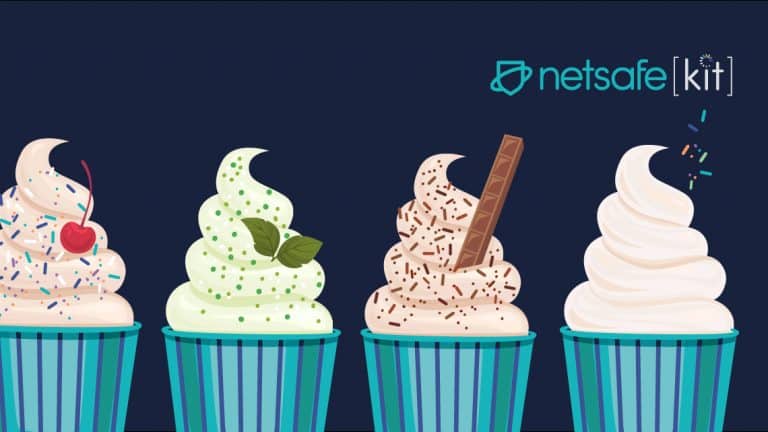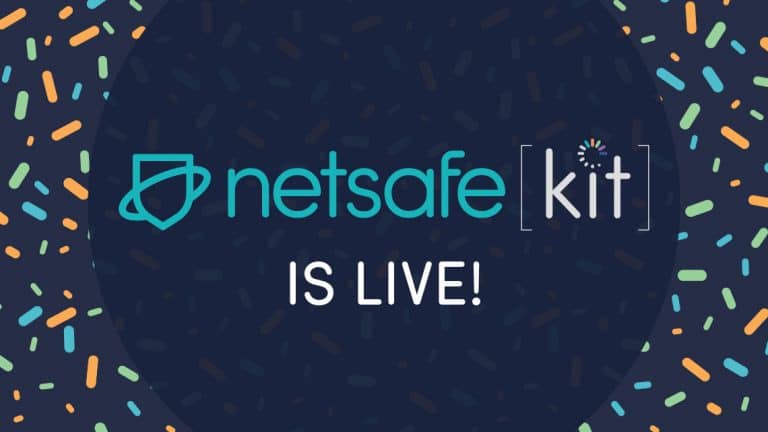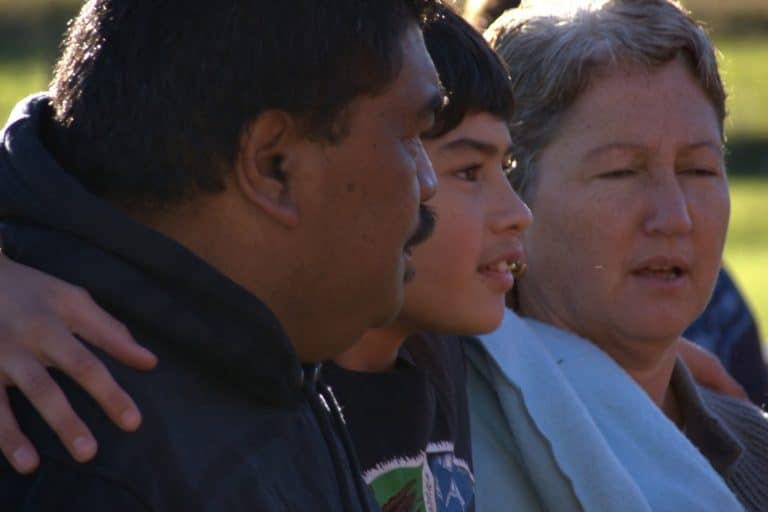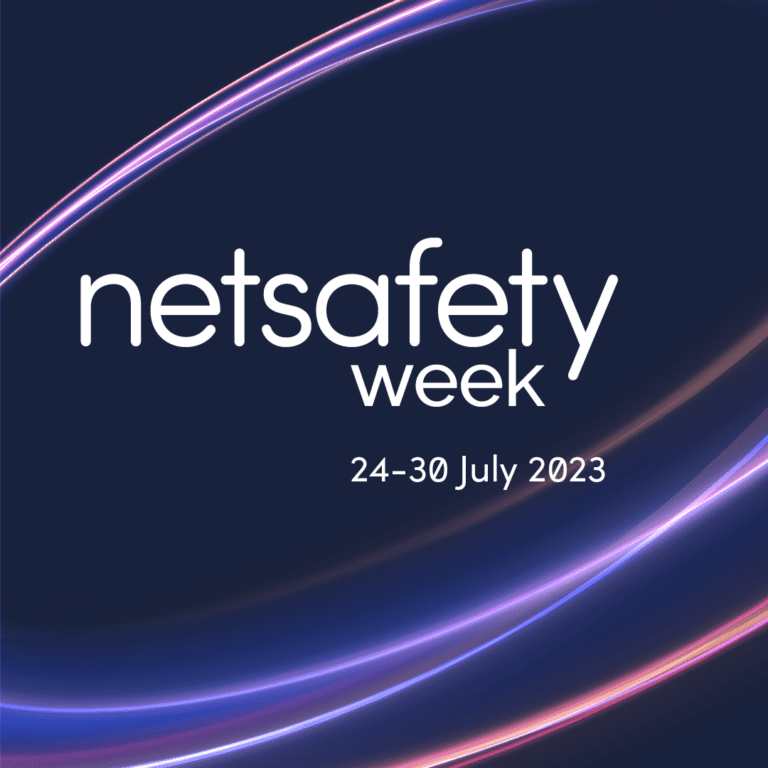Hate speech, the internet and two elephants
This article was written by former Netsafe CEO, Martin Cocker following Netsafe’s involvement in the NZ Tech Week event ‘Hate speech in the age of the Internet’. Our friends at InternetNZ have put together a workshop for NZ Tech week called Hate speech in the age of the Internet. We offered our support to help promote the event…

This article was written by former Netsafe CEO, Martin Cocker following Netsafe’s involvement in the NZ Tech Week event ‘Hate speech in the age of the Internet’.
Our friends at InternetNZ have put together a workshop for NZ Tech week called Hate speech in the age of the Internet. We offered our support to help promote the event but we need not have bothered. The event sold out before the speakers were announced. Hate speech sells itself.
Since we put our hand up to support Internet NZ, we have received a few enquiries about our position on hate speech. How do we define hate speech? Do we support new legislation? Do we worry about freedom of expression? What role does the Harmful Digital Communications Act (HDCA) play – and why did this event pop up in tech week?
We know people get abused and harassed online and suffer harm. We believe some people are being harmed by hate speech and they have no effective remedies available to them. We support the development of new remedies which may or may not need to include legislation. We think that “harm” defines the logical point at which intervention should occur. The HDCA does cover some hate speech and already provides remedies including the services Netsafe provides for some people being harmed – but not all.
So far, so good.
We know people face abuse online, and that the abuse has a real impact. We know that certain groups are subject to more abuse, and suffer more harm but there is no clear and agreed definition for hate speech. In general, speech becomes hate speech when it is used to attack a person or group of people on the basis of attributes such as race, religion, ethnicity, gender, disability, or sexual orientation. It becomes online hate speech when it goes online. And when it goes online, it becomes our problem.
The HDCA incorporates hate speech through Principle 10 but there are two reasons why the HDCA is not hate speech legislation. Firstly, it only covers content aimed at an individual whilst a lot of hate speech is aimed at groups. Then secondly, the HDCA only provides legal remedies when the communication can be directly shown to cause harm to an individual.
People get harmed by hate speech and they don’t have access to effective protections or remedies. The logical conclusion is that some sort of new response needs to be developed.
At this point we notice the two elephants in the room. Free speech elephant and jurisdiction elephant. Free speech elephant makes an obvious point. One person’s religious view is another person’s hate speech. However you define the principles of hate speech – you also need a separate and definable threshold for intervention so that free speech is protected. Something like the harm threshold used in the HDCA.
Jurisdiction elephant is there to remind people that in the information age you need to develop more complete solutions than just using regulation. I’ve written about that before. We now need to think about solutions that can engage organisations outside of our legal jurisdiction. We need to accept solutions will be imperfect and to focus resources on agile processes and partnerships – which can be backed up by legislation.
The soundbite answers are easy to compile but the reality is that there is a lot of work to be done if we are to construct a meaningful response to hate speech. That’s why we supported this event. Tech Week aims to encourage innovation that is good for the world. Hate speech is not good for the world, so any innovation that reduces it would be welcomed.





